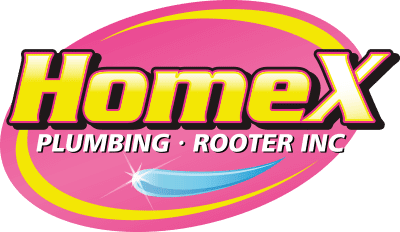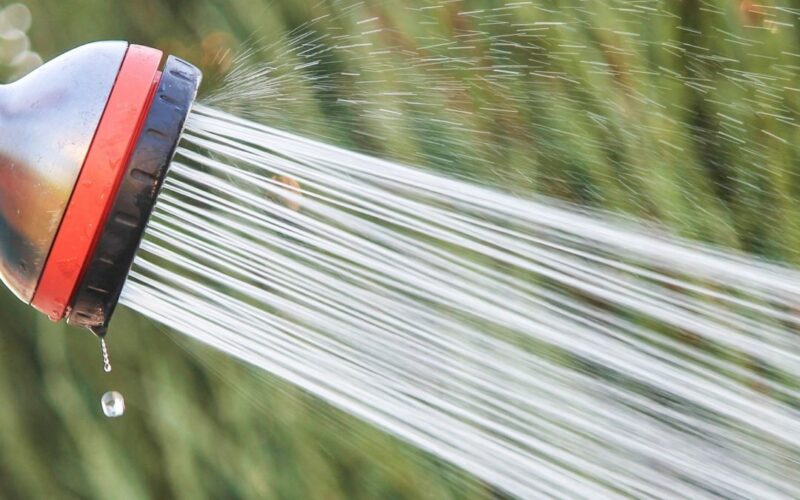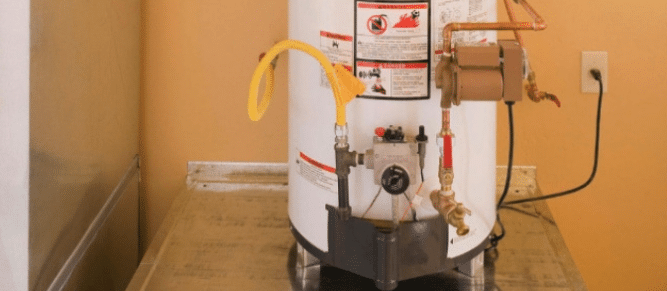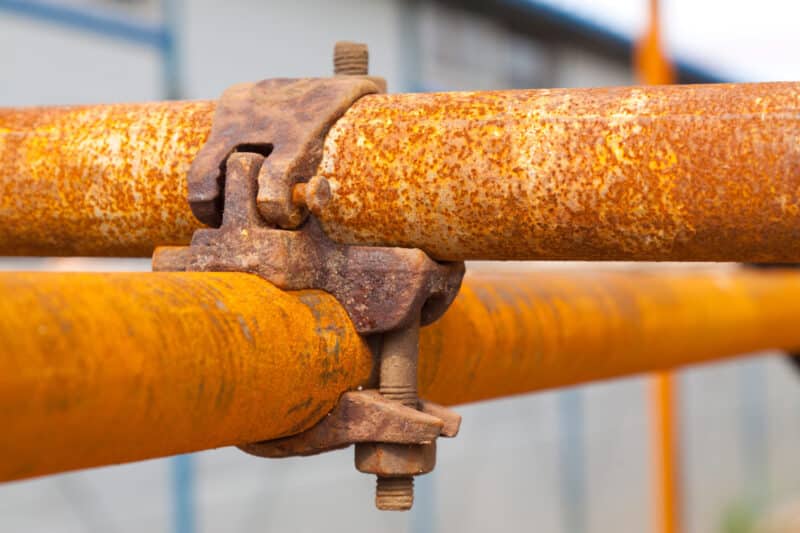Water hardness doesn’t really affect our well-being. While hard water, minerals like calcium and magnesium are harmless, they can build up in shower heads, water-using appliances, and pipes—causing clogs and corrosion. A water softener can avoid these plumbing issues by filtering out hard water minerals. It’s not required but can protect pipes, appliances, and the look, smell, and taste of water.
How A Water Softener Works
Water softeners used in homes are also known as ion exchange units. They contain resin beads with salt or potassium that has a negative charge, which attracts positively charged calcium and magnesium atoms like a magnet. The hardness minerals are thus trapped by the beads and exchanged for sodium or potassium. Some units can remove copper, manganese, and iron as well.
A concentrated solution of water and salt removes the buildup of calcium and magnesium when the water softener is full. Water and salt (held in a secondary storage tank) are positively charged so repel minerals of the same charge, causing them to separate from the beads. The chloride solution is then washed down the drain. Known as regeneration, this process occurs when water isn’t being used, like when your family is asleep at night.
How To Use A Water Softener
The manufacturer’s instructions provide details on installation and use, which are important to follow to ensure your water softener works correctly. They will also tell you how to maintain the unit. Water softener settings are important; check that the unit is set to the hardness level of your water supply; if set too high, the softener will waste water and be more costly to operate. Also, follow the manufacturer’s recommendations for filling the unit with sodium or potassium chloride.
If copper plumbing has recently been installed in your home, wait a few weeks before running the water softener. A thin mineral layer will form in your plumbing during that time. Therefore, the risk of consuming high levels of copper will be reduced.
You can also choose which water supplies you want to soften. The most common are sinks, showers, and laundry hookups. It’s not uncommon for people to only have only their hot water treated. Cold water taps, toilets, basement sinks, and hose bibs generally don’t require water softening.
Issues That Can Occur
Water softeners are generally quite reliable. But they can develop clogs that may cloud your water supply. Backwashing or adding a sediment filter can remedy this. Iron or manganese can clog the resin if it’s exposed to air or chlorine. Known as fouling, this may require adding a water filter; if you use commercial cleaners, only do so per the manufacturer’s instructions. Contamination by bacteria and fungi is another potential issue. It can reduce the softener’s effectiveness, which can be prevented by disinfecting your water supply.
Other Considerations
What does a water softener do for your home and family? Aside from what we’ve already covered, here are other things to consider, such as:
- Health: Calcium, iron, and magnesium are not harmful. In fact, they are essential nutrients found in the body, so if removing them from the water supply, you may need to find alternative dietary sources. Hard water can also dry out or irritate your skin, or lead to dull hair, so these are factors to weigh in your decision. A water softener introduces some salt to drinking water, which can matter to someone with high blood pressure or other health concerns.
- Environmental: Chloride found in water softeners can affect fish and other aquatic creatures and cannot be easily removed from drinking water. Whether you have a private well is another consideration, as the chloride can reach natural water sources through your septic system. Therefore, ask your water company if the local wastewater treatment plant removes chloride, so it doesn’t reach lakes, streams, and groundwater.
Professional Water Quality Services You Can Count On
HomeX Plumbing and Rooter provides high-quality water softeners, filtration systems, and treatment solutions in the Anaheim area. We can help improve water quality to protect your family and plumbing system. You can also trust our licensed plumbing technicians for all types of plumbing repairs and installations. To schedule your water softener appointment, fill out our service request form today.





